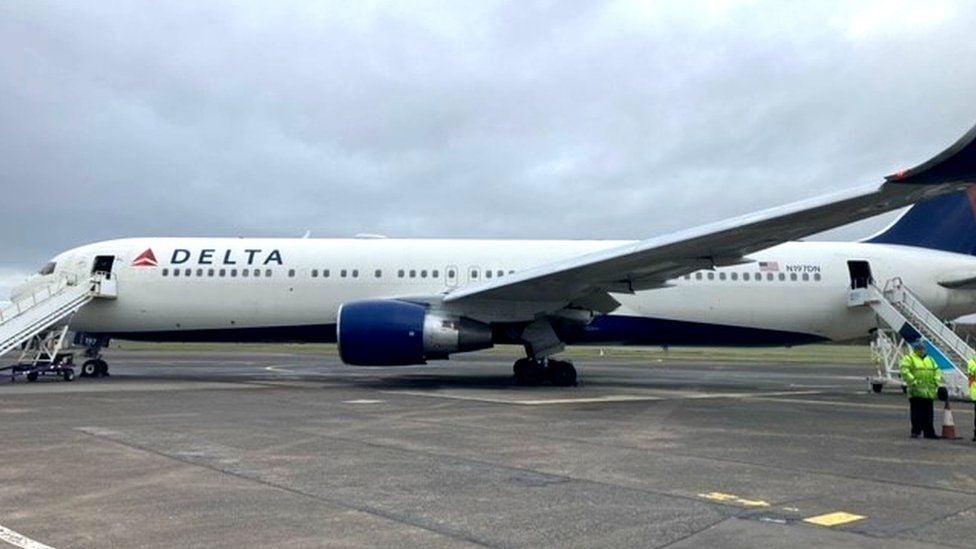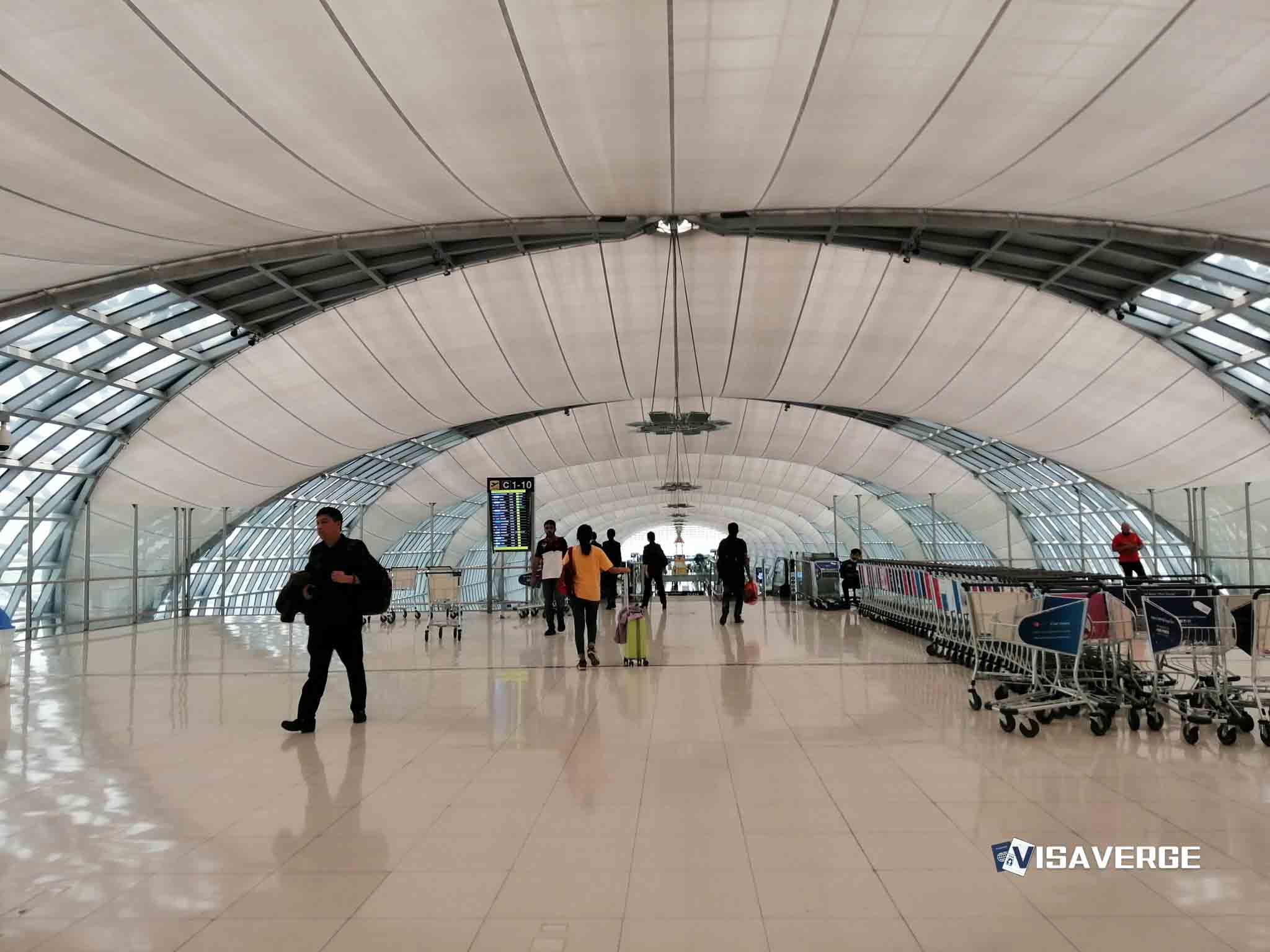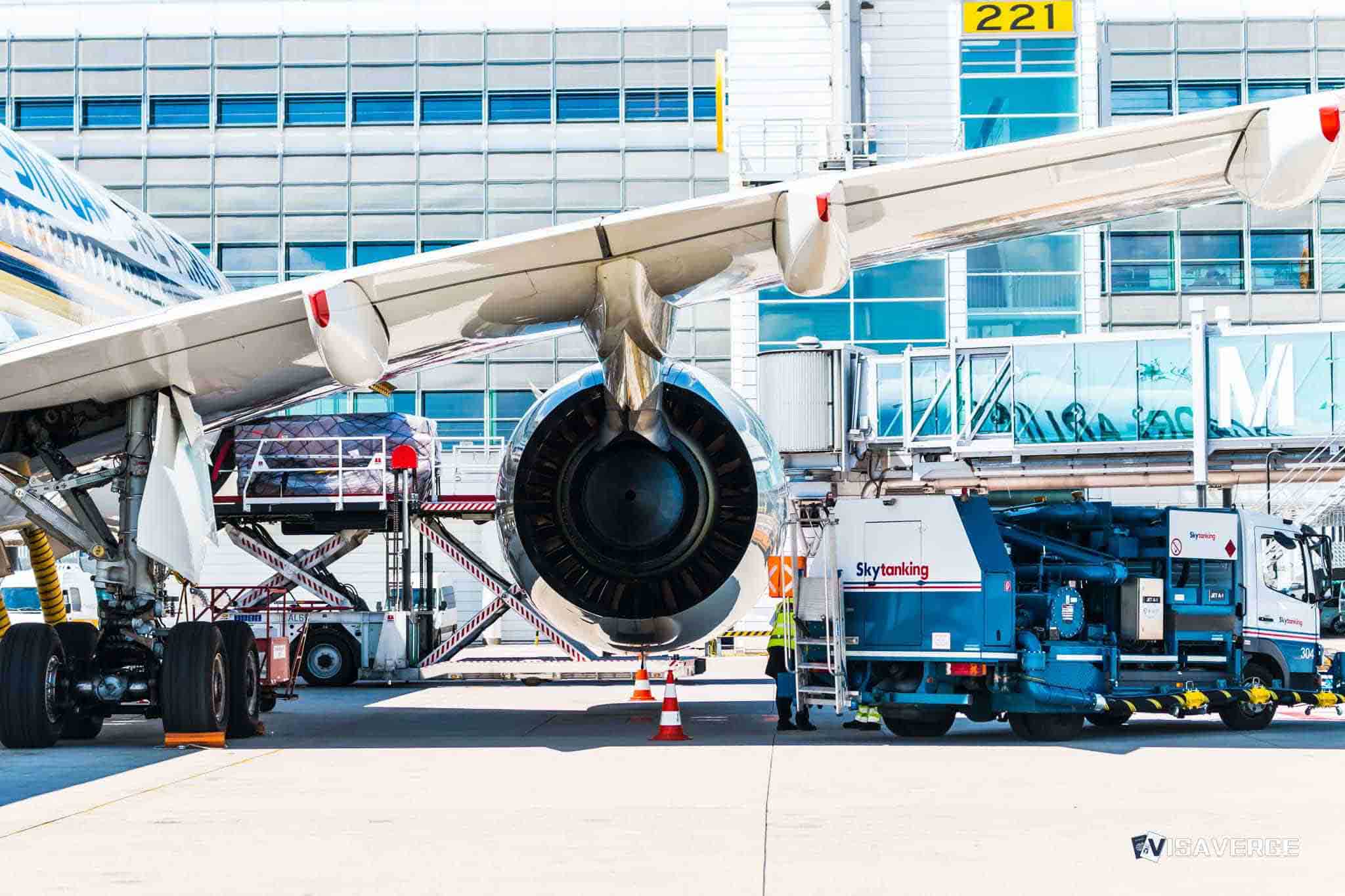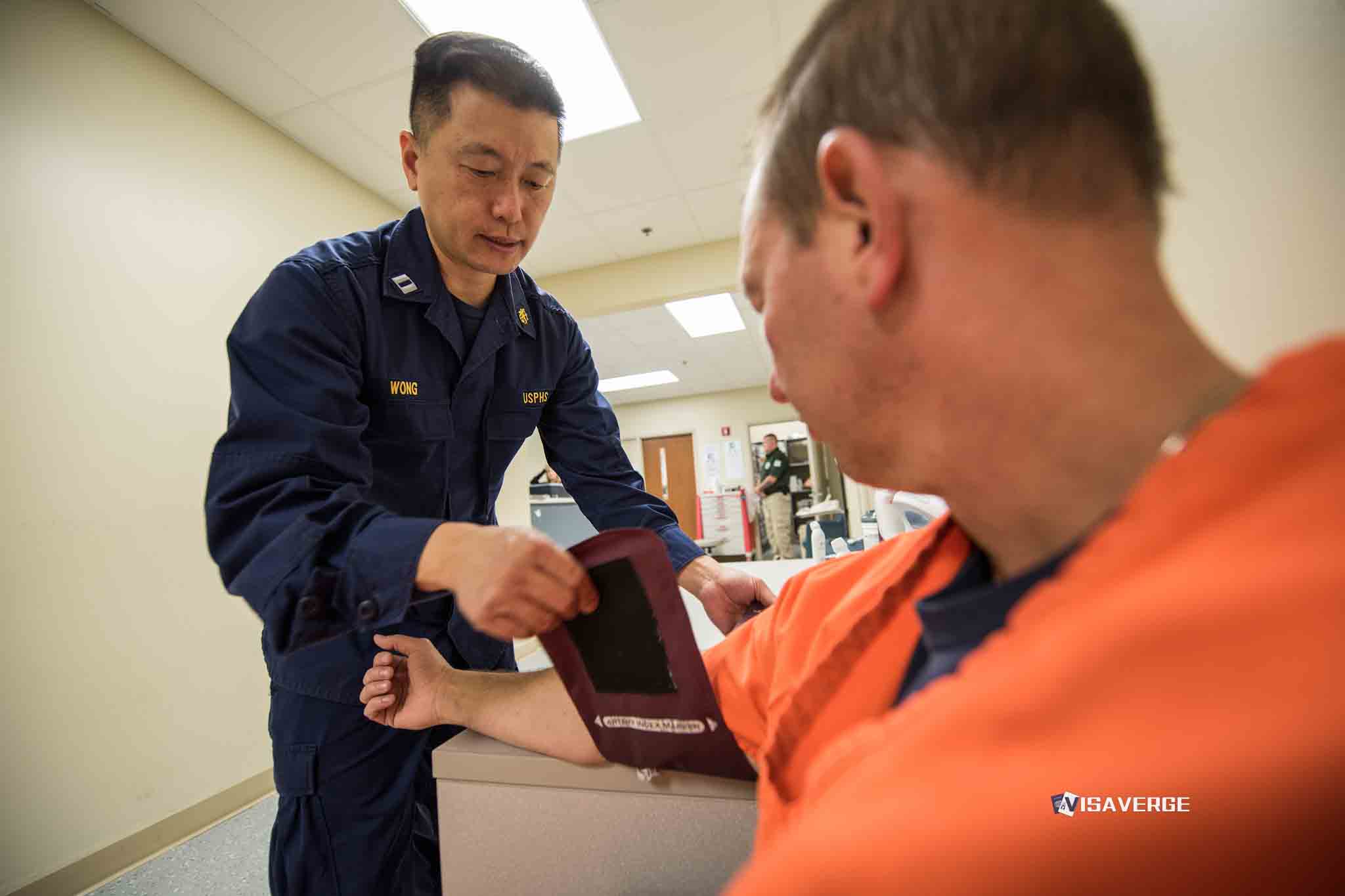(ORLANDO) A Delta Air Lines flight bound for North Carolina returned to land safely after departure when the crew reported a “potential mechanical issue,” prompting a precautionary diversion to Raleigh‑Durham International Airport. The incident occurred on August 24, 2025, involved Delta Flight 5823 departing Orlando, and ended with a safe landing at 1:21 p.m. Eastern.
Airport officials said there were no injuries and no operational impact at Raleigh‑Durham International Airport; runways stayed open and other flights moved without delay.

Airline and regulatory response
Delta confirmed the flight’s safe landing and said safety remains its top priority. The airline has not detailed the specific mechanical concern, which is standard while maintenance teams and federal officials review flight data.
- As of August 27, 2025, airport officials reported no further complications tied to Flight 5823, and operations continued as normal.
- By September 9, 2025, there were still no public findings or enforcement actions from federal regulators, consistent with the time it usually takes to complete post‑incident inspections and documentation.
The Federal Aviation Administration (FAA) typically reviews mechanical incidents like this, especially when a crew requests a diversion. That process often includes:
- Inspection of the aircraft
- Review of flight data
- Coordination with airline maintenance
Industry analysts note these checks are routine and aim to confirm whether maintenance, components, or procedures need adjustment, especially amid broader FAA attention on airline maintenance in 2025.
“Precautionary landings are part of normal risk management and often reflect conservative, safety‑first decision‑making rather than a serious failure.”
How layered safety systems operate
According to analysis by VisaVerge.com, events like this show how layered safety systems work in the United States 🇺🇸:
- Pilots detect a concern and notify air traffic control.
- Pilots request priority handling.
- Airport emergency crews stage as a precaution.
- Maintenance teams conduct detailed checks before the aircraft returns to service.
Aviation safety experts stress that such precautionary landings are a deliberate, conservative choice to protect passengers and crews.
Passenger rights and refunds
Passengers on Flight 5823 did not trigger federal refund rights because there was no cancellation and, based on available reports, no “significant delay” under Department of Transportation (DOT) rules.
- The DOT requires airlines to refund passengers when a cancellation or a long delay meets set thresholds, but those thresholds depend on circumstances.
- Travelers can review the agency’s refund guidance here: DOT Aviation Consumer Protection refunds guidance.
In this case, officials said there were no injuries, no widespread knock‑on delays, and no evidence that DOT refund obligations applied.
What we know about the response and status
- Incident Date: August 24, 2025
- Flight: Delta Flight 5823, Orlando to Raleigh‑Durham International Airport
- Landing Time: 1:21 p.m. Eastern
- Injuries: None reported
- Airport Operations: RDU remained fully open; other flights were unaffected
- Regulatory Status: As of September 9, 2025, no public enforcement actions were announced
Delta Air Lines faced other mechanical events in August 2025, including reported wing flap damage on a Boeing 737‑800 and a separate engine smoke event, both of which led to FAA scrutiny according to public records and industry reporting. All those flights landed safely.
While any incident can be unsettling for passengers, analysts point out such events remain rare compared with the total number of flights operating daily across the country.
Typical sequence after a reported mechanical concern
Here is the usual sequence followed when a crew reports a possible mechanical issue:
- Crew detects the issue and notifies air traffic control to request a priority approach.
- Airport emergency units move into place as a precaution.
- The aircraft lands and holds until the crew confirms it’s safe for passengers to deplane or continue.
- Maintenance teams begin inspections; if the issue meets reporting standards, the FAA reviews records and data.
- Passengers receive updates through the airline’s app, text, or email; rebooking is offered if schedules are disrupted.
- If delays reach DOT refund thresholds, refund or other remedies may apply.
For the Orlando‑origin flight on August 24, there were no large‑scale delays for connecting passengers reported at Raleigh‑Durham International Airport, and normal operations continued across the field. That suggests local controllers and ground teams absorbed the event efficiently, minimizing ripple effects for business travelers and families.
Practical guidance for travelers after a diversion
For most passengers, the immediate concerns are how to reach the final destination and what costs are covered. To prepare for similar situations:
- Keep your contact details updated in the airline profile and booking so you receive time‑sensitive alerts.
- Use Delta’s My Trips to check rebooking options, seat assignments, and service notifications.
- Build buffer time into itineraries with tight connections, especially through large hubs like RDU.
- If a delay stretches, review the DOT refund rules and ask the airline about options, including refunds for add‑ons you didn’t receive.
- Save receipts for unexpected expenses; while not always covered, they can support any later claims.
Passenger advocacy groups continue to press for faster, clearer airline communications during irregular operations. Carriers have improved push alerts, app messaging, and gate updates in recent years, and industry best practices now encourage quick, plain‑language notices when crews suspect a problem.
Delta has said that customer communication is a core focus, though it has not detailed any policy change tied directly to this event.
Policy context and final takeaways
The FAA has stepped up attention on maintenance programs this year, conducting targeted reviews after a series of isolated mechanical reports across several carriers. While regulators have made no new rules specific to this incident, the industry expects continued emphasis on:
- Documentation
- Component tracking
- Post‑incident analysis
Should incident rates rise, policymakers could consider new reporting standards or added oversight of certain systems.
For now, the main takeaways are straightforward:
- The crew on Delta Flight 5823 acted out of caution.
- The aircraft landed safely.
- Passengers were unharmed, and the airfield remained open.
- For travelers, the best defenses are preparation—keep alerts active, allow reasonable connection windows, and know your rights under DOT policy.
If you believe a delay or cancellation meets refund criteria, use the DOT guidance linked above and contact both the airline and your card issuer to explore all options.
This Article in a Nutshell
On August 24, 2025, Delta Flight 5823 from Orlando executed a precautionary return and landed safely at 1:21 p.m. Eastern after crew reported a potential mechanical issue. RDU operations continued without interruption and no injuries were reported. Delta confirmed safety remained the airline’s top priority while maintenance teams and federal authorities reviewed flight data and inspected the aircraft. By late August and into early September 2025, officials reported no further complications and no public enforcement actions from the FAA. Industry experts describe such diversions as routine risk‑management measures. Passengers did not qualify for DOT‑mandated refunds because there was no cancellation or significant delay meeting regulatory thresholds. Travelers are advised to keep contact information up to date, use airline apps like My Trips, and allow connection buffers. The event highlights the effectiveness of layered safety processes and ongoing FAA emphasis on maintenance oversight in 2025.








